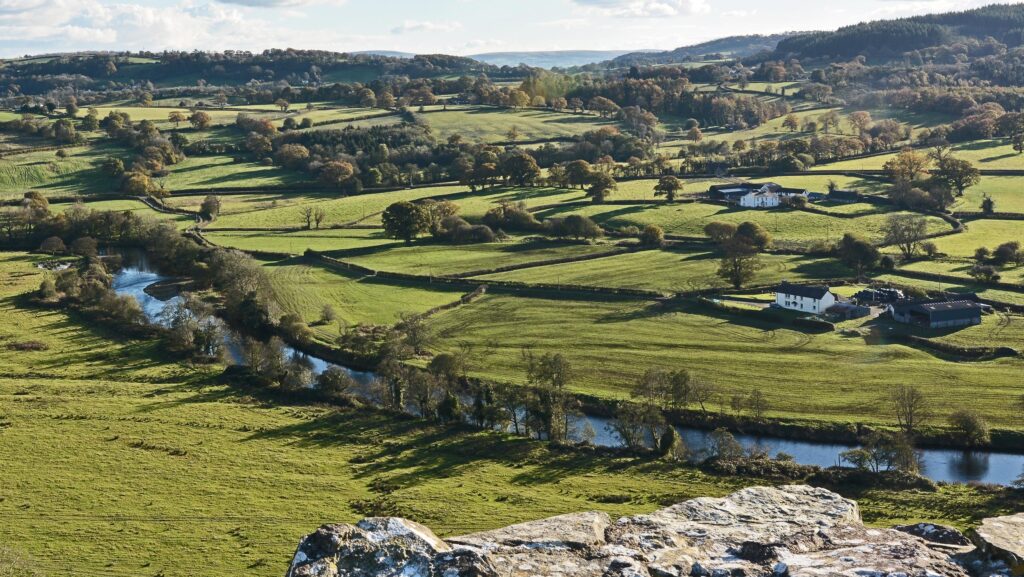UK government has lost its ‘shepherd for agriculture’
 © Adobe Stock
© Adobe Stock The UK government has seemingly “lost its shepherd for agriculture and rural development” in the form of the EU Commission, a farming union has told the Welsh affairs select committee.
Responding to an inquiry into the challenges faced by farmers in Wales and how the UK’s withdrawal from the EU has affected them, the Farmers’ Union of Wales (FUW) said the current arrangements have left UK farmers competing against those who continue to operate “under favourable EU CAP principles”.
See also: What a trade deal with India could mean for UK agriculture
Since the UK left the EU officially in 2020, for the first time in almost half a century UK governments are free to formulate and implement agricultural policies outside the framework of the common agricultural policy (CAP).
The FUW says the industry has benefited little, citing wide-ranging concerns around agricultural policies, farm incomes and direct support, as well as issues of inheritance tax in their submission to the inquiry.
“It is seriously concerning to see how the UK government no longer holds agriculture and rural development in as high regard as the EU Commission continues to do for its member states through the CAP,” said FUW president Ian Rickman.
Despite the UK Agriculture Act and Agriculture (Wales) Act, neither farm incomes nor food supplies are properly protected, the union told the committee.
“The UK government has seemingly lost its shepherd for agriculture and rural development in the form of the EU Commission,” added Mr Rickman.
Given that the UK operates in an international context, and as other countries face increased difficulties in producing their own food due to extreme weather events, conflict or political agendas, and the global population continues to grow, the FUW warned that the ability for Wales and the UK to produce its own food will increase in value on a global scale.
“Both the Welsh and UK governments must empower the agricultural sector as a world leader in sustainable food production first and foremost, and as an industry that holds many of the answers to climate change and environmental protection,” said Mr Rickman.
